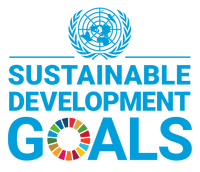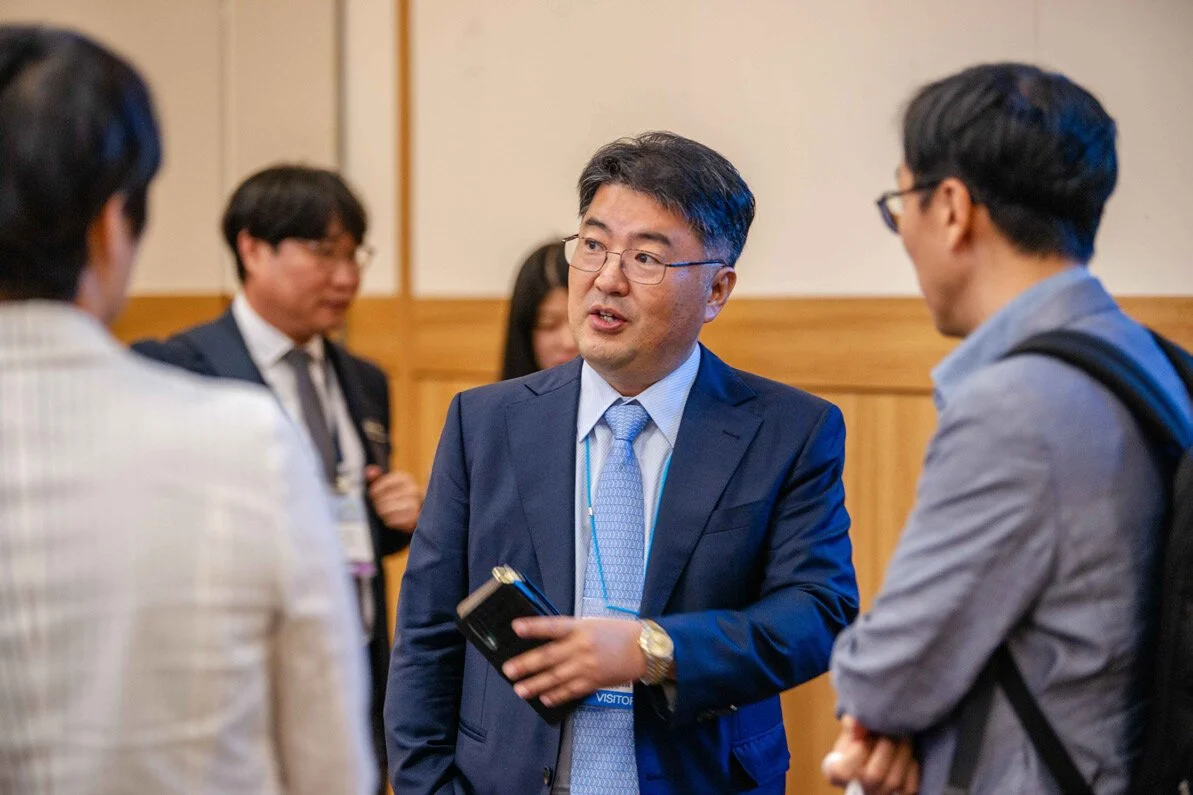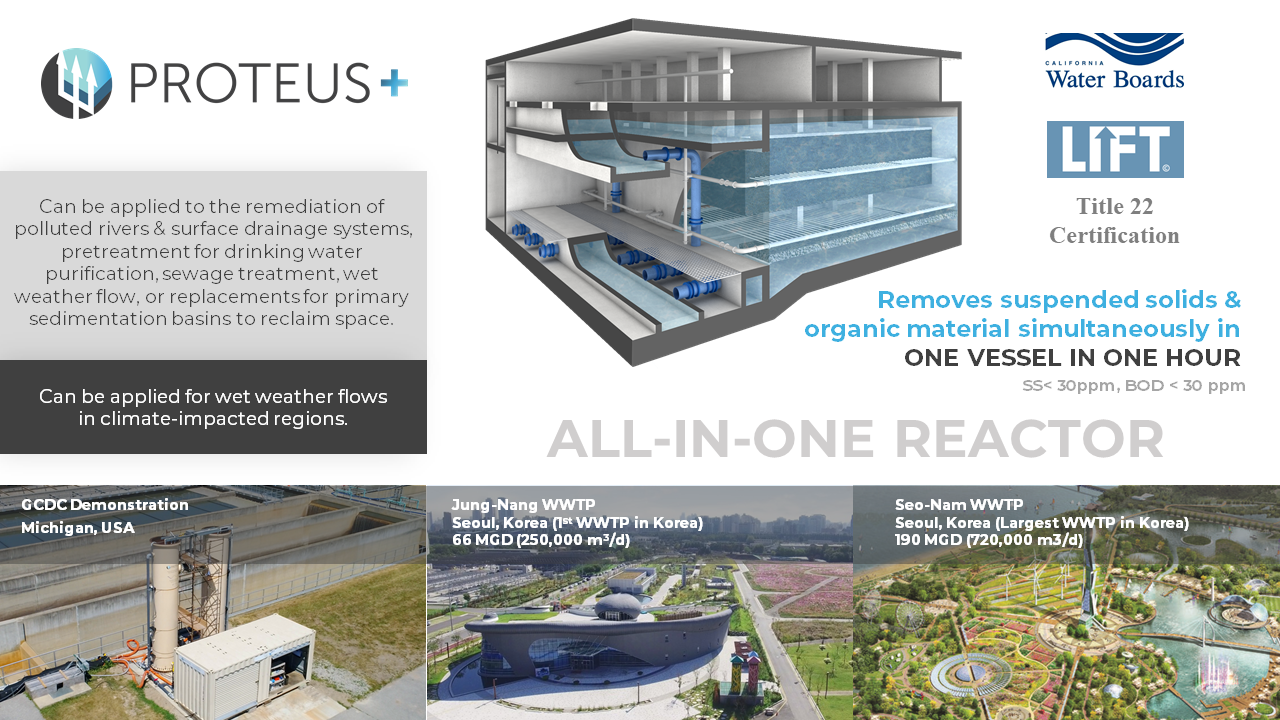Tomorrow Water Project
Have you already forgotten about COVID?
Microorganisms and viruses excreted through feces are major contributors to the spread of infectious diseases in cities.
The British Medical Journal announced that sanitation has contributed more to increasing human life expectancy over the past 160 years than vaccines or antibiotics.
If the coronavirus had been a waterborne disease, the populations of developing countries might have drastically declined.
There is growing concern that viruses frozen in permafrost for tens of thousands of years could awaken and spread due to climate change.
However, in many countries, wastewater treatment coverage remains below 20%.
Although life is precious, urgent concerns about food and livelihood often overshadow preparations for an uncertain future.
“From Cost Stream to Profit Stream”
The UN emphasizes the importance of water and sanitation in its Sustainable Development Goals (SDGs).
Infectious diseases that cross borders demand a coordinated global response. Yet, why is sewage treatment still delayed in many regions?
This issue is closely tied to sustainability.
Even with international support, the enormous annual operation and maintenance costs are difficult to bear.
Can a country that struggles to power its own lights operate an energy-intensive wastewater treatment plant?
To solve this, we launched a new vision for future sewage treatment—Tomorrow Water Project (TWP).
TWP turns conventional cost-draining treatment plants into profit-generating infrastructure by maximizing economic value from every drop of wastewater. It aims to enhance sustainability by transforming sewage treatment into a business opportunity.
Tomorrow Water Project (TWP) and Co-Flow Campus (CFC)
We focused on the overlooked potential of substances in sewage—once merely seen as pollutants.
Wastewater contains organic matter (a biogas source), nitrogen and phosphorus (key nutrients for plants), and reusable water.
By building data centers within wastewater treatment facilities and generating revenue from land leasing and cooling water sales, treatment costs can be offset.
Treated water can be used for artificial lakes or maintaining rivers, thereby enhancing urban value.
Thus, future wastewater treatment plants will evolve into multi-functional spaces that address public hygiene, climate change, and urban value enhancement—while also generating profits and achieving carbon neutrality.
Dirty water that once passed through old wastewater treatment plants will be reborn as new urban infrastructure, combining biogas plants, smart farms, data centers, and SMRs.
We call this integrated model Co-Flow Campus, as water, energy, data, and economic value all flow together.
In the post-COVID era, Co-Flow Campus also strengthens partnerships with specialized companies for sewage-based infectious disease monitoring.
To formalize this effort, we registered the Tomorrow Water Project (TWP) as an official SDG Action (#40493) in 2016, the inaugural year of the UN SDGs.
Since then, we have continuously updated and evolved the initiative.
Core technologies for implementing the Co-Flow Campus have already been commercialized and proven, including:
Proteus: For retrofitting aging plants and site development
AAD: Biogas production through advanced anaerobic digestion
AMX: Cost-effective nitrogen removal from wastewater
Draco: Biogas amplification and sludge reduction
Co-Flow: Data center cooling using treated wastewater
Not by Size, but by Impact!
The future of global leaders will be defined not by sales figures or workforce size, but by the impact they create.
True impact arises when companies present a visionary future, offer global leadership, and bring innovative technologies that previously didn’t exist.
For the past 30 years, BKT and Tomorrow Water have presented new visions for sewage treatment and devoted themselves to developing the technologies to realize them.
By combining innovation with leadership that addresses the sanitation challenges of developing countries, we strive to become impactful contributors—true impact makers—to the world.






Committed to Change for Real Impact
“We have used this SDGs initiative as a strategic tool to guide us in the development of specific technologies and solutions, rather than as an impressive sounding declaration of corporate vision or publicity statement.”
— E.F. Dongwoo Kim, CEO & Founder
Critical Challenges Driving Transformation
-

ONGOING COVID-19 PANDEMIC
Sanitation
Wastewater Treatment/Reuse
-

CLIMATE CHANGE RESPONSE
Renewable Energy
Greenhouse Gas Emissions
-

DIGITAL TRANSFORMATION
Industry 4.0 Paradigm Shift
IT Infrastructure
Advisory Board
Meet the Industry Experts Leading the Tomorrow Water Project
-
-Chairman of Tomorrow Water Project Advisory Board
-President and Founder, Water & Energy Advisors, LLC
-Former Research Director & Partner at McNamee, Porter & Seeley (now Tetra Tech)Dr. Kang serves as an Engineering Consultant for government agencies and industries in the U.S., Canada, Korea, India & internationally. His special services include sustainability, and environmental protection through technology development, water quality assessment and modeling and energy optimization. Dr. Kang introduced many new technologies in the U.S., such as biological phosphorus removal using A/O process, Nutrient recovery through RIMNUT from Italy, FMX and Proteus Technology from BKT, Korea and others. He is also a principal author of many handbooks and manuals, such as Nutrient Removal technology manual by US EPA and many other publications. Dr. Kang previously served as Research Director and Partner at McNamee Porter & Seeley over 18 years prior to its merger with Tetra Tech, where he served as Senior Vice President responsible of wastewater technologies over 20 years. Currently he serves as an independent consultant for wider water sector focusing on development of practical systems for both advanced countries and the developing world.
-
-Homer Nowlin Chair in Water Research, Michigan State University
-Stockholm Water Prize Laureate
-Former Chairperson of Drinking Water Committee (USEPA Science Advisory Board )Dr. Rose serves as the Director of the Global Water Pathogens Project. She is an international expert in water microbiology, water quality and public health, publishing more than 300 manuscripts. She has been leading investigation of numerous waterborne outbreaks and their cures world-wide. Dr. Rose’s original research has advanced sciences in safe drinking water and sanitation. Areas of research have been broad covering community water supplies, water used for food production, and coastal waters as well as drinking water treatment, wastewater treatment and reclaimed water.
In 2016, Dr. Rose received the Stockholm Water Prize for recognition of the state of art science through original research, effective legislative support, education of practitioners that have enhanced the clean water and health of the world.
Dr. Rose served many countries in her long career; She was Chair of the Drinking Water Committee for the USEPA Science Advisory Board (2004-2010) and provided advice to governments of Singapore, Australia, Korea, and many others.
-
-CEO of Bluetech Research
-Executive Producer of “Brave Blue World”Water scientist, sustainability thought-leader and documentary producer, Paul O’Callaghan believes the global water crisis can be solved in his lifetime and he is on a mission to help make it happen. BlueTech Research was founded by Paul in 2011, to support technological advancements in water management and help find the solutions needed to provide clean water and safe sanitation. The Intelligence Platform was created to improve the intelligence available on water technologies and their markets, making it easier to identify commercially viable innovation options. Paul’s latest project is a documentary called “Brave Blue World” which is designed to create more awareness about the solutions that already exist to solve the water crisis. Paul now divides his time between the BlueTech Research offices in Vancouver and Cork. He works with global Fortune 500 corporates including L’Oréal, Microsoft and PepsiCo on their water strategy policies. He has also recently guest lectured at Harvard and Cambridge Universities.
-
-Professor, Manhattan College
-Former President of WEF (Water & -Environment Federation)
-Former Chairperson of American Society of Civil Engineers/Environment
-Former Chairperson of Water Resources InstituteProfessor Brown serves as a Senior Scientist at Manhattan College in NY, lecturing environmental engineering courses since 2002. Prof. Brown served as the President of Water Environment Federation (WEF) from 2009 to 2012 and served as Chair of a variety organizations such as American Society of Civil Engineers/Environment and Water Resources Institute. In recognition of her achievements in the environmental engineering field, she received numerous awards and honors from EPA, WEF and NEWEA. She has authored numerous scientific publications in the wastewater field, notably, around removal of nutrients, plant design and biological nutrient removal. Her recent focus is in thermal conversion of carbon containing waste materials such as wastewater biosolids and food waste to produce energy. She also has research interests in nanoparticles in wastewater, biodegradation of pharmaceuticals and microbial pathways.
Complimenting her academic experience, she is also an industry veteran serving as Executive Director of the Stamford (CT) Water Pollution Control Authority for over 40 years.
-
- Process & Innovation Leader at Stantec
Dr. Sathyamoorthy has over 20 years of industry and academia experience designing, operating, optimizing WRRFs and conducting fundamental research related to the fate of emerging contaminants in wastewater treatment. In recent years, Dr. Sathyamoorthy’ s research has focused on interrogation of complex mixed culture microbial communities to elucidate those microbial protagonists capable of biodegrading, biotransforming and assimilating emerging contaminants such as pharmaceuticals and Bisphenol-A.
The right to water and sanitation should be provided safely to everyone without discrimination.
2.2 billion people still do not receive stable drinking water services, and 4.2 billion people do not receive safe sanitation services through sewage treatment.
With the COVID-19 pandemic, hygiene and clean water supply for the prevention and control of disease spread is more emphasized, and efforts for economical and safe sewage treatment are urgently required.
In order to solve the problems of hygiene and clean water, effective and economical solutions and innovations in the value chain that actually implement them are also very important. The traditional design → construction → operation of the value chain is also a reason to be concerned about securing the economics of the value chain.
Tomorrow Water intends to contribute to the 4th Industrial Revolution and to close the gap in response to climate change by expanding the ‘right for everyone to enjoy clean water', leading the innovation of global sewage treatment technology.
Leave No One Behind
-
UN SDG #6
-
UN SDG #7
-
UN SDG #9
-
UN SDG #13






